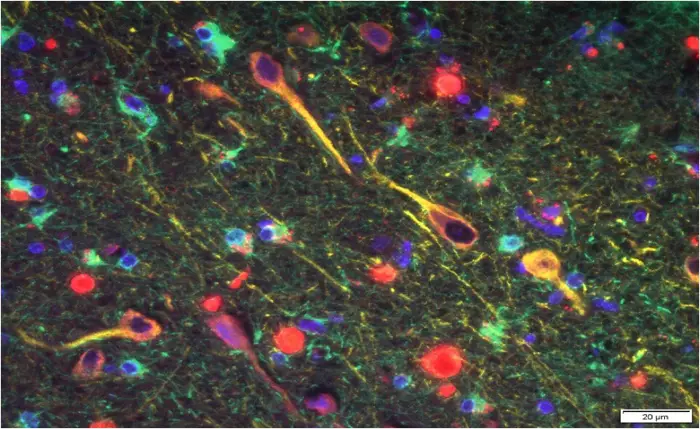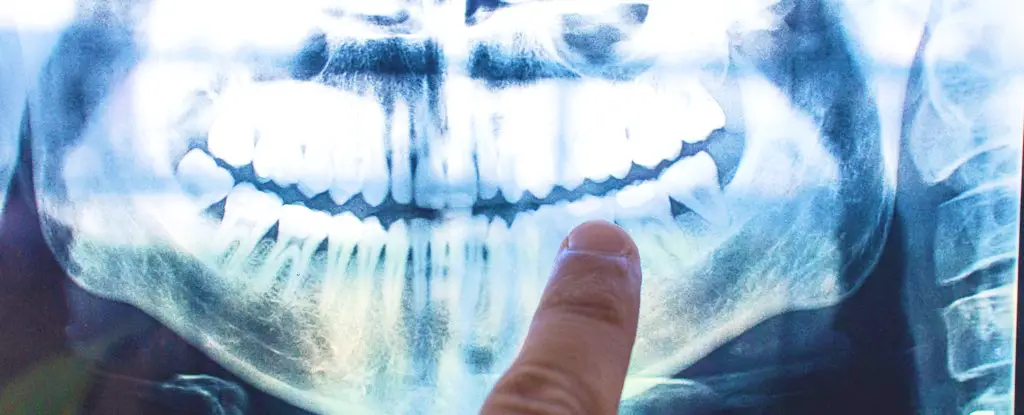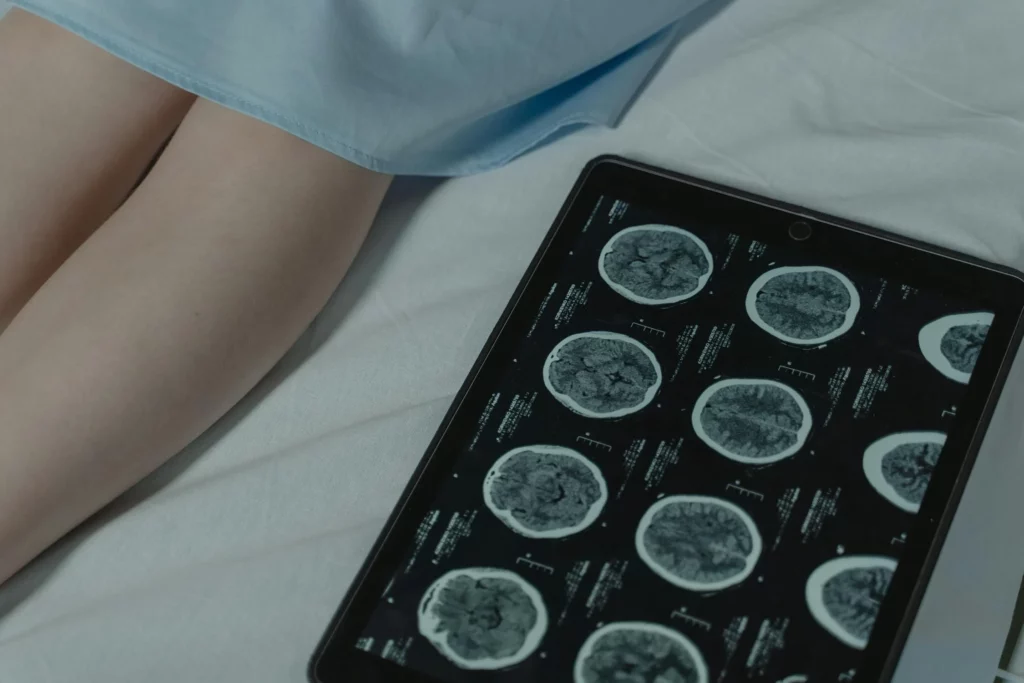Alzheimer’s is the most common cause of dementia in the UK, NHS notes. The exact cause of it is not fully understood, although medical professionals list potential factors that can lead to it, such as increasing age, untreated depression, a family history of the condition, and lifestyle factors and conditions related to cardiovascular diseases, among the rest.
However, in recent years, a growing number of scientific studies have backed up the belief that Alzheimer’s isn’t just a disease, but an infection.
A 2019 study suggests that Alzheimer’s may be related to gum disease.
According to the research, led by senior author Jan Potempa, a microbiologist from the University of Louisville, the presence of Porphyromonas gingivalis – the pathogen behind chronic periodontitis (or gum disease) – was found in the brains of deceased Alzheimer’s patients.

A previous experiment involving mice, performed by Cortexyme, Inc., showed that oral infection with P. gingivalis led to greater production of beta-amyloid – Aβ – (the sticky proteins commonly associated with Alzheimer’s) in the rodents’ brains.
“Infectious agents have been implicated in the development and progression of Alzheimer’s disease before, but the evidence of causation hasn’t been convincing,” Dr. Stephen Dominy, Cortexyme co-founder, explained.
Looking at gingipains, the toxic enzymes of P. gingivalis, scientists discovered that high gingipain levels were associated with the presence of two other proteins already linked with the development of Alzheimer’s: tau and ubiquitin.
However, the team also identified the presence of these toxic gingipains in the brains of deceased patients who were never diagnosed with Alzheimer’s, so the question raising is whether they would be diagnosed with the diseases had they been alive, or is it the Alzheimer’s that led to poor oral care.

“Our identification of gingipain antigens in the brains of individuals with AD and also with AD pathology but no diagnosis of dementia argues that brain infection with P. gingivalis is not a result of poor dental care following the onset of dementia or a consequence of late-stage disease, but is an early event that can explain the pathology found in middle-aged individuals before cognitive decline,” the authors explained in their paper.
The mice experiment also showed a reduction of amyloid-beta production and neuroinflammation due to a compound formulated by the company called COR388.
Whether this would have the same effect on humans is yet to be researched.
“Drugs targeting the bacteria’s toxic proteins have so far only shown benefit in mice, yet with no new dementia treatments in over 15 years it’s important that we test as many approaches as possible to tackle diseases like Alzheimer’s,” chief scientific officer David Reynolds from Alzheimer’s Research commented.
Please SHARE this article with your family and friends on Facebook.
Bored Daddy
Love and Peace

